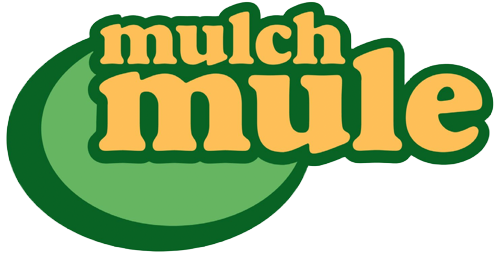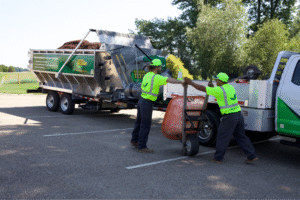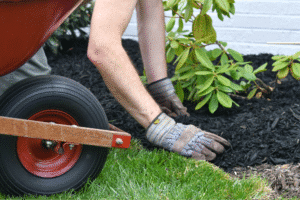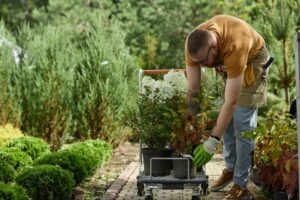Networking lies at the heart of elevating your landscaping business. In today’s competitive market, success is not solely measured by the quality of services but also by building strong, dynamic relationships that can drive growth, foster trust, and unlock new opportunities. Whether you are just launching your landscaping business or looking to scale, a dynamic network is key. Forward-thinking business owners understand that staying connected to new technologies and industry collaborators will help position their companies for long-term prosperity.
Understanding the Value of Networking in the Landscaping Industry
Networking is a strategic tool for expanding your reach, forging meaningful alliances, and connecting with potential customers. It offers:
- Direct access to cutting-edge solutions that unify and enhance daily operations.
- Valuable insights on best practices for safety, productivity, and efficient project execution.
- Opportunities to share or discover proven strategies with fellow experts, creating a supportive ecosystem of knowledge.
Landscaping professionals who prioritize networking often see measurable increases in client referrals, partnerships, and project opportunities. Moreover, a strong professional network helps you adapt quickly to seasonal and economic fluctuations, ensuring your business remains resilient throughout the year. Adhering to best practices recommended by organizations like the Occupational Safety and Health Administration further contributes to a safer, more efficient work environment. This is especially relevant for those planning to expand or diversify beyond traditional services—such as adding design consulting or year-round maintenance programs—to keep revenue streams steady. By actively investing in relationships, you set the stage for continuous learning, innovation, and collaborative growth.
Building Relationships with Industry Professionals
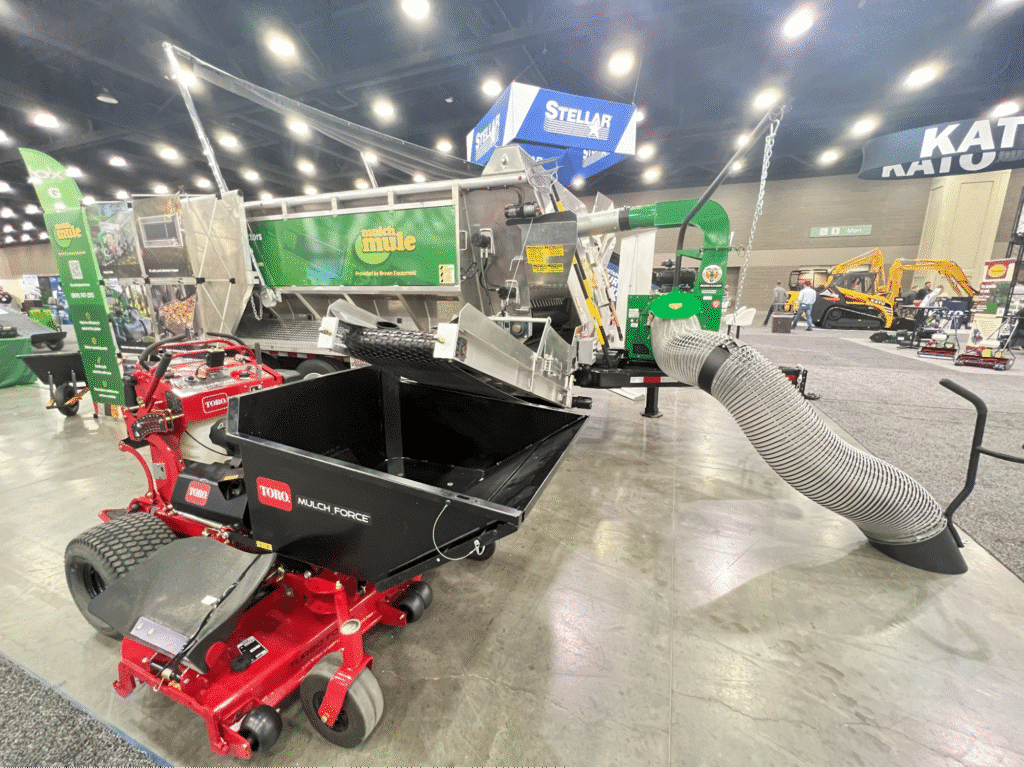
Forming strong alliances with industry professionals is essential for sustainable advancement. Below are key steps to help you establish and nurture these connections effectively.
Attend Industry Events
Participate in industry events such as conferences, expos, and trade shows, where you can meet established experts and like-minded professionals. Before attending, identify potential contacts and set objectives for conversations—such as learning about new sustainability trends or discovering better merchandising techniques. After the event, follow up through phone calls or email to keep introductions fresh and pave the way for deeper engagement.
Join Professional Associations
Membership in landscaping and construction organizations, such as the National Association of Landscape Professionals, bolsters your reliability and visibility. These groups often host workshops and forums that explore industry innovations, legal updates, and sustainable practices. Participating in committees or special interest groups within these associations can also increase your influence while opening doors to mentorship, vendor discounts, and referral opportunities.
Partner with Complementary Businesses
Aligning with compatible enterprises—such as nurseries or construction companies—creates synergy that can lead to larger projects and year-round revenue. By combining a nursery’s high-quality plants with your expert services, you can offer clients an efficient, value-added package. Such partnerships expand your market reach, increase reputation, and support long-term profitability throughout different seasons.
Leveraging Social Media for Networking and Branding
In the digital age, social media platforms play a pivotal role in extending your professional network and enhancing your brand authority. Focus on channels that best resonate with your target audience and industry peers. Sharing engaging content—such as behind-the-scenes project details, team highlights, or local community support—helps personalize your brand.
By consistently showing how modern equipment and reliable techniques reduce labor costs, you can attract clients and collaborators who appreciate efficiency and high-quality outcomes. Clear, consistent branding across platforms demonstrates your commitment to professionalism.
Strengthening Relationships with Existing Clients
While forming new partnerships is important, cultivating current relationships is equally crucial. Loyal customers provide repeat business, serve as your strongest advocates, and contribute valuable word-of-mouth advertising.
Gather and Act on Client Feedback
Proactively seek customer opinions using surveys, short telephonic follow-ups, or in-person site evaluations. When clients mention a need for faster project turnaround, consider investing in time-saving equipment. Incorporating their suggestions into your operations shows you value their perspective, which can solidify trust and loyalty.
Deliver Tailored Solutions
Every client has unique preferences for design, scheduling, or pricing. Offer personalized solutions by discussing project timelines, special materials, or eco-friendly products that suit their goals. This approach not only showcases your adaptability but also reinforces your role as a reliable problem solver.
Incentivize Referrals
Encourage existing clients to recommend your business by implementing a referral program. Offer meaningful rewards—like discounts on future services or free seasonal checkups—for customers who introduce new clients to your company. A robust referral network naturally expands your reach while strengthening existing relationships.
Developing Strategic Partnerships
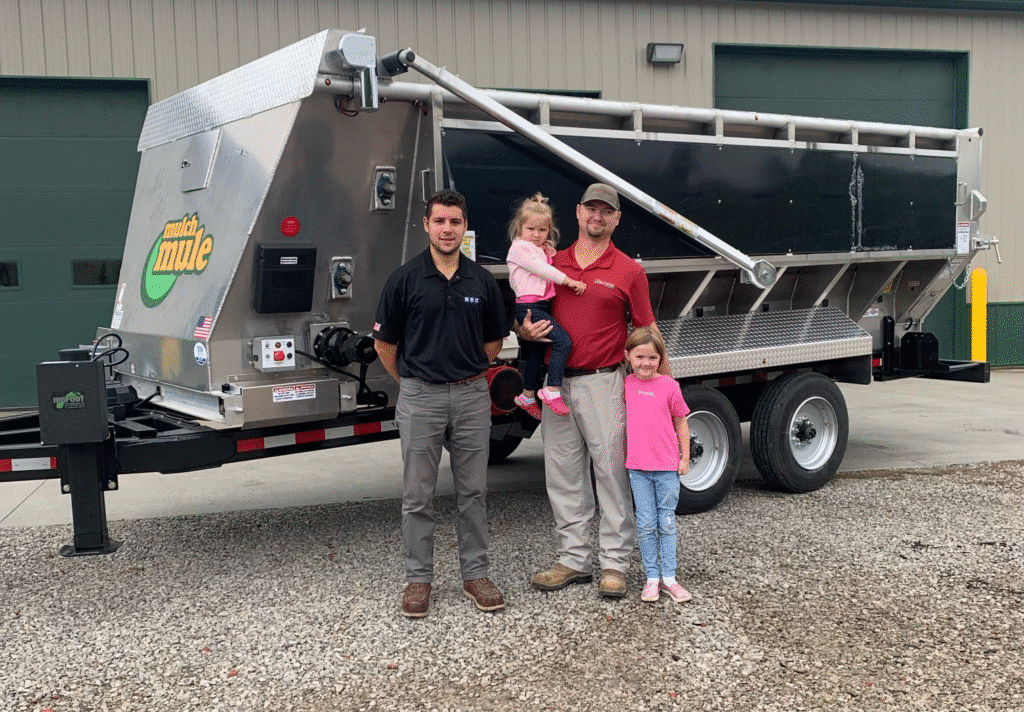
Strategic partnerships, bring the advantage of shared resources, expanded offerings, and combined expertise, all of which strengthen your market position.
Forge Alliances with Suppliers and Subcontractors
Maintaining reliable relationships with reputable suppliers and subcontractors secures prompt access to materials and services. A well-orchestrated supply chain, built on trust and consistent communication, reduces project delays and fosters customer satisfaction. These partnerships also enable you to handle more diverse and complex projects, thereby unlocking new revenue possibilities.
Collaborate with Equipment Providers
Forging a solid partnership with a reputable dealership that offers a diverse range of equipment options is crucial for enhancing your landscaping business’s efficiency and service quality. Here’s how forming a strong relationship with the right equipment provider can benefit your operations:
- Access to Advanced Equipment: Teaming up with a dealership ensures you have access to the latest technologies and machinery that can significantly streamline labor-intensive tasks. This access reduces manual effort and enhances overall productivity.
- Diverse Machinery Options: Working closely with providers offering varied equipment choices allows you to select machinery tailored to specific project needs. Whether it’s lawn maintenance or large-scale landscape development, having the right tools at your disposal ensures efficiency and effective task execution.
- Training and Support: Dealerships often provide training sessions and support, enabling your team to operate complex machinery proficiently. This expertise minimizes downtime and maximizes the productive use of equipment.
- Maintenance and Reliability: Establishing a relationship with a dealership means you benefit from regular maintenance programs and reliable service, which are essential for keeping equipment in top shape. This minimizes disruptions and prolongs the life of your machinery, safeguarding your investment.
- Enhanced Service Offerings: By integrating advanced equipment into your operations, you can expand your service offerings to include more sophisticated landscaping solutions. Clients will appreciate the modern capabilities, associating your business with cutting-edge practices and enhanced expertise.
Nurturing a strategic partnership with an equipment provider empowers your landscaping business to deliver high-quality, efficient services while staying ahead in a competitive market.
Pool Resources for Mutual Growth
Consider joint marketing campaigns or hosting local community events with complementary partners. Co-sponsoring environmental workshops or fundraisers can increase your brand’s visibility while underscoring shared values like sustainability or community improvement. By pooling resources and expertise, all participants benefit from a broader, more engaged audience.
Integrating Technology and Simplifying Operations
Modernizing daily processes through technology can reinforce a strong business network and streamline your projects. Proven methods include:
- Using cloud-based project management solutions for real-time communication among team members and external stakeholders.
- Implementing GPS tracking for vehicles or equipment to optimize travel routes.
- Automating repetitive administrative tasks like billing or scheduling, giving your team more time to focus on client relations and on-site tasks.
By consistently integrating digital tools, you show that your landscaping operation is progressive and prepared for the evolving demands of the industry. Embracing technology can also free your workforce for higher-level tasks, strengthening your adaptability and efficiency on every contract—two factors that resonate strongly with both clients and prospective partners.
How to Develop an Effective Networking Strategy—4 Key Elements
An effective networking strategy is essential for creating sustained growth and stability in your landscaping business. By strategically cultivating professional relationships, you can tap into new opportunities, foster collaborative partnerships, and keep abreast of industry advancements. Networking enables business owners to build a reputable brand while consistently reaching broader audiences without geographical limitations. The following steps outline a targeted approach to developing a robust networking strategy that aligns with your business goals and adapts to market dynamics.

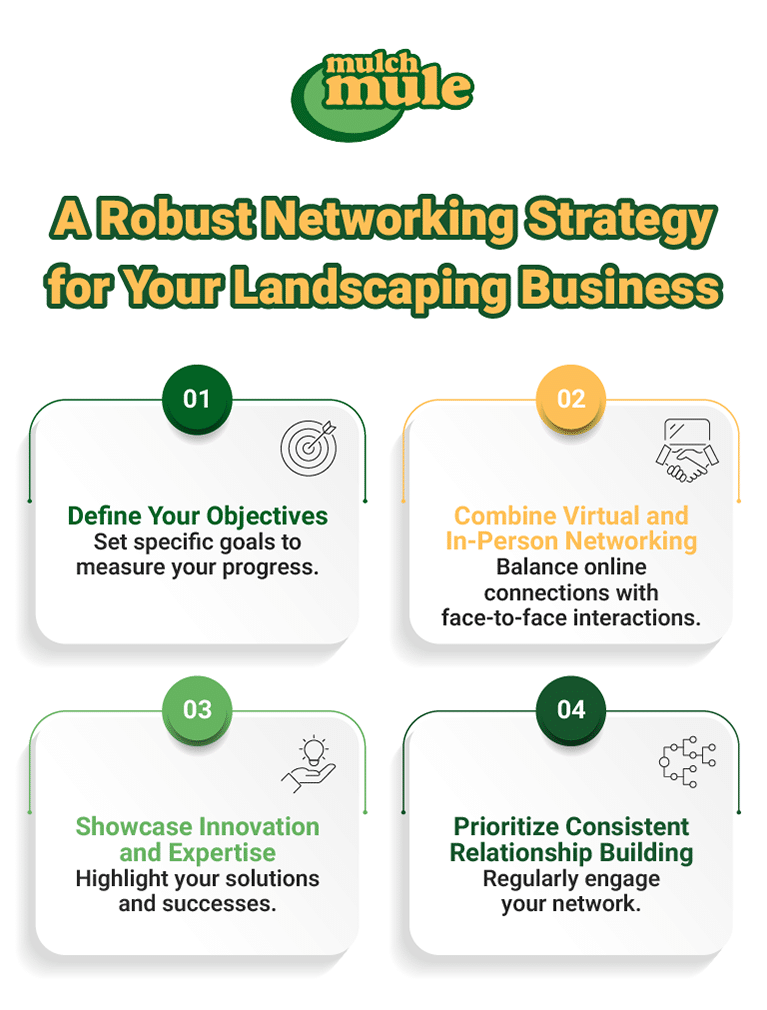
- Define Your Objectives – Determine specific goals, such as expanding your client base by a set percentage or partnering with two new local suppliers within the year. Clear targets provide direction and enable you to measure progress.
- Combine Virtual and In-Person Networking – Strive for a balanced approach. In-person events help build rapport through personal interaction, while digital channels keep connections warm in between face-to-face meetings. Having a robust online presence also allows prospective partners to learn about your company well before a handshake.
- Showcase Innovation and Expertise – Promote testimonials or case studies highlighting your problem-solving capabilities, including instances where efficient landscaping technology or equipment saved time and reduced employee strain. Demonstrating how forward-thinking solutions can elevate project outcomes fosters confidence among peers and potential collaborators.
- Prioritize Consistent Relationship Building – Maintain ongoing contact with the connections you make. Schedule follow-up calls, interactive webinars, or casual coffee meetups to keep your brand top of mind. By consistently engaging your network, you create a supportive business community that thrives in both busy seasons and market lulls.
A clear, forward-looking networking strategy will position your landscaping company for changing trends, consumer expectations, and economic shifts.
Propel Your Landscaping Business Toward Dynamic Growth
Effective networking fuels sustainable expansion in the ever-evolving landscaping sector. By cultivating strategic industry connections, adopting innovative tools, and embracing a balanced mix of traditional and digital interactions, your business can flourish.
If you own your own landscaping business and aspire to reduce labor costs and accelerate project timelines in the coming years, we encourage you to take advantage of a unique opportunity to explore other landscaping companies who have done just that. Reach out to fellow landscaping professionals who are leveraging an innovative piece of equipment called Mulch Mule, to elevate their business. These ambassadors are experienced landscape professionals who have successfully integrated Mulch Mule into their operations and are eager to share their stories of how it can streamline operations, reduce manual labor, and enhance overall jobsite efficiency.
In the meantime, check out this video below to tag along with Trace’s Lawn care who utilizes 2 Mulch Mules to grow their business and become more efficient.
